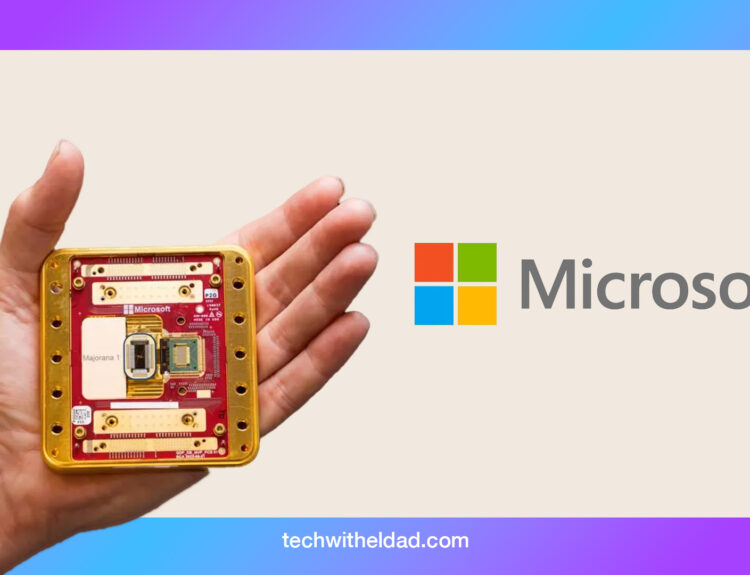TechCrunch reported that after hinting at it last week, OpenAI has launched the GPT Store, a marketplace brimming with custom chatbot apps powered by its AI models like GPT-4 and DALL-E 3. This marks a significant step in democratizing AI development, offering anyone the ability to craft personalized AI interactions.
OpenAI Opens the Door to AI Chabot Creations with New GPT Store, Accessible within the ChatGPT web client, the GPT Store features an array of creations from OpenAI partners and the wider developer community. Users can browse trending and popular GPTs categorized by lifestyle, writing, research, programming, and education, all within the “community leaderboard.” However, access requires a subscription to one of OpenAI’s premium ChatGPT plans.
Among the intriguing launch offerings are a trail recommender from AllTrails, a code tutor from Khan Academy, and even a content designer from Canva. While currently free, OpenAI hints at potential monetization features for developers in the future.
The beauty of the GPT Store lies in its accessibility. Building GPTs doesn’t require coding expertise, thanks to OpenAI’s GPT Builder tool. Simply describe your desired functionalities, and the tool will attempt to bring your AI-powered chatbot to life. Imagine training a GPT on cookbooks to answer recipe questions or having one analyze your company’s codebase for stylistic consistency.
To ensure quality and adherence to OpenAI’s terms of use, all GPTs listed in the store undergo a rigorous review process, combining human and automated evaluation. However, concerns linger regarding the human element, particularly given OpenAI’s past record with content moderation. TechCrunch reached out to OpenAI for details on reviewer compensation and mental health resources, but received no response at the time of publication.
While monetization isn’t available yet, OpenAI plans to launch a “GPT builder revenue program” in Q1, allowing US-based developers to earn income based on user engagement with their GPTs.
The GPT Store represents a significant democratization of AI app creation, potentially disrupting consultancies built on similar services. Whether this is a positive or negative development remains to be seen, but one thing’s for sure: the landscape of AI-powered interactions is about to get a whole lot more diverse and personalized.








